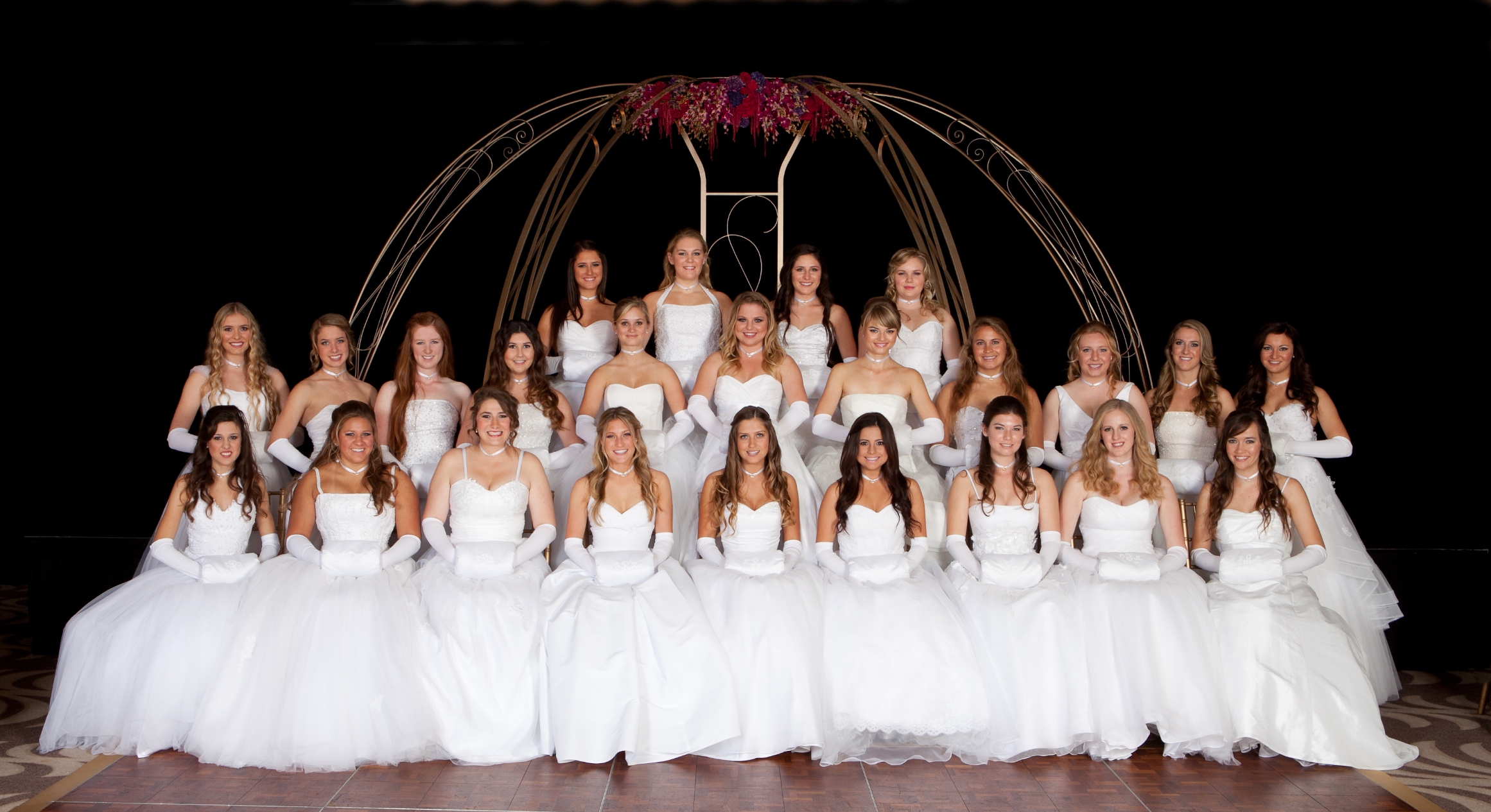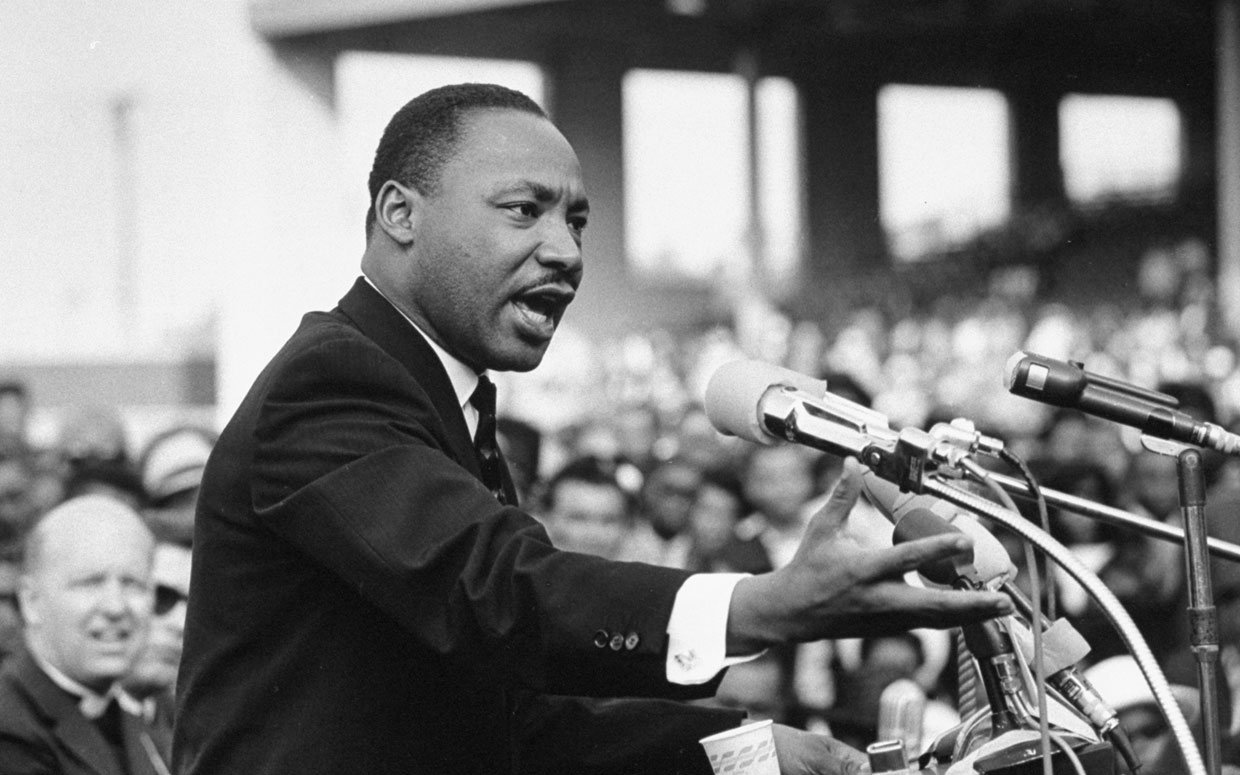“There is no substitution for hard work” ~Thomas Edison, 1920
Ross Clyde was a remarkably intelligent young man from Mississippi. He and his family endured severe hardships, including the loss of their 40-acre land and livestock. The Ross family faced accusations of owing $3,000 in unpaid taxes to the state. Without the financial means to hire legal representation or the educational background to defend themselves, they were at a significant disadvantage. It was clear that the family’s diligent efforts were disregarded, primarily due to their skin color which limited their access to necessary resources for defense. Even if they had found a way to represent themselves, their race likely would have prevented the authorities from considering their case fairly. Clyde’s intelligence was so profound that his teachers recommended he attend a more academically challenging school. Regrettably, this school was not within walking distance, unlike the white students who, living far away, were provided with transportation – a privilege Clyde did not receive (Coates, 2014).
Presenting daughters as debutantes is a long-standing global tradition, particularly prominent in New Orleans. At these debutante balls, young men in tuxedos escort girls in elaborate white princess gowns, sometimes so ornate that a group of men is needed to carry the train.

A group of debutants in their white ball gowns. (Photo by: Flickr)
The age range of girls being presented at the balls varies greatly. The youngest, around 11 or 12 years old, have brief introductions, while college-aged women receive extensive introductions that highlight their hobbies, education, and aspirations. For instance, Esme Boyce Benjamin’s introduction noted her graduation from Metairie Park Country Day School, her current studies at Torohdes College to become a photojournalist, and her involvement in sports and academic societies. A technical director at a debutante ball commented on the intense scrutiny the women face, likening it to racehorses. Following the introductions, these events transform into grand celebrations, often marked by excessive drinking, leading to uncontrolled rowdiness, tears, brawls, and damaged decor. Debutante balls are a hallmark of traditional New Orleans culture.
The Sydnor-Jones family, an African-American household, experienced a drastic change in their financial situation due to the pandemic. After overcoming homelessness in 2018, each family member secured employment in various sectors including at Rowan University, Uber, Doordash, construction, and door-to-door sales. However, the pandemic’s onset led to reduced hours at Rowan University, halted construction jobs, and closed restaurants, resulting in job losses for Chekesha’s daughter and her boyfriend.
Determined not to let the pandemic further devastate her family, Chekesha reduced expenses by downgrading her cell phone plan to one costing $15 a month and terminating cable and internet services. Fortunately, they received free internet for her youngest child’s remote schooling. Despite these measures, they struggled to pay high gas and water bills, as everyone was home more often. Prioritizing her family’s needs over her own, Chekesha forewent her $46 asthma inhaler, as she lacked health insurance and chose to allocate funds elsewhere. This story highlights the pandemic’s disproportionate impact on people of color in the United States, underscoring the challenges of financial instability and its toll on physical and mental health (Hannah-Jones, 2020). The pandemic had an extreme impact on people of color in the United States. No matter how many jobs one has or how hard they work at them, it just doesn’t seem to be enough at times. The feeling of not being enough is sure to take a toll on physical and mental health.
To qualify as a debutante, young women must be presented by one of the established organizations, such as the Bachelors’ Club, The Debutante Club, Le Debut de Jeunes Filles de la Nouvelle Orléans, Mid-Winter Cotillion, The Original Illinois Club (founded in 1895), the Pickwick Club, or the Young Men Illinois Club. These organizations, some dating back to the mid-1900s, emphasize the importance of meeting high standards. Workshops for debutantes and their mothers ensure compliance with all protocols, with a strong focus on etiquette, including adult communication and social graces. The majority of debutante balls occur in lavish hotel ballrooms overlooking the water, featuring extravagant decor, gourmet cuisine, and renowned bands. It is common for debutantes to attend over 30 such parties during the season, some celebrating them and others their peers. Mathilde Villeer Currence, for example, was honored at 15 parties.
While lavish parties in New Orleans command large sums of money, the city faces a worsening poverty crisis. Fifty-two percent of households in New Orleans struggle financially, with twenty-three percent living in poverty and an additional twenty-five percent falling below the ALICE threshold – the minimum income level needed for survival. The challenge is exacerbated as most local jobs offer less than $20 per hour, insufficient in the face of rising living costs. Moreover, the termination of pandemic-related resources presents further difficulties for those still reliant on such support.
In a society where wealth often equates to opportunity, those born into affluence are perceived as winners, gaining advantages without the necessity of hard labor. Conversely, many who work diligently find themselves economically disadvantaged, highlighting a stark disparity in societal structure.
The Nobel Prize, established in 1896 through the will of Alfred Nobel, a Swedish businessman and inventor, recognizes outstanding contributions in chemistry, physics, medicine, physiology, literature, and peace. Nobel’s bequest of his 31.5 million Swedish Crown fortune for the Prize’s foundation incited a prolonged legal dispute with his family, delaying the foundation’s establishment until 1900. The Nobel Peace Prize, awarded annually, honors those who significantly contribute to international fraternity, the reduction of armed forces, and the promotion of peace. Originally, the prize recipients were selected by a committee comprising members of the Norwegian Storting (Parliament). However, since 2017, current parliament members are ineligible for the Committee, which serves six-year terms with potential for re-election. Nominations for the Prize must come from influential figures, such as members of the International Board of the Women’s International League for Peace and Freedom or prior laureates.
Malala Yousafzai, awarded the 2014 Nobel Peace Prize, holds the distinction of being the youngest laureate and the first Pakistani recipient. Yousafzai was recognized for her advocacy of children’s education rights. In October 2012, she survived an assassination attempt by the Taliban, suffering injuries to her left eye, brain, and skull, which necessitated emergency surgery and left her with lasting impairments. Subsequently, she and her family relocated to England for safety and medical treatment. Her memoir, “I Am Malala,” released in 2013, not only recounts her experiences but also sheds light on the challenges faced by young women in the Middle East. The book, acclaimed by critics, topped the New York Times bestsellers list and has been translated into 40 languages.
“I Am Malala” has offered readers a chance to appreciate their freedoms, particularly in countries where education is accessible to all. Recognized for her influence, Malala Yousafzai was named one of the World’s Most Influential People by TIME Magazine in 2013. On her 16th birthday, she addressed the United Nations. To date, Malala has received 40 awards acknowledging her bravery and activism.
Another celebrated Nobel Peace Prize laureate is Martin Luther King Jr. (MLK Jr.), born on January 15, 1929. MLK Jr. dedicated his life to fighting for equality and advocating nonviolence. His relentless efforts to ensure people were judged by their character, not skin color, included numerous risks to his safety. His most notable moment was delivering the “I Have a dream” speech to 250,000 people in 1963 at the Lincoln Memorial.

Martin Luther King Jr. gave a powerful speech. (Photo by: Flickr)
Throughout his career, MLK Jr. encountered numerous challenges. For instance, FBI Director J. Edgar Hoover sought to label him as a Communist. King faced over twenty arrests for protesting, endured multiple violent assaults, and suffered attacks on his home, including bombings and arson. He also received numerous threatening calls. Tragically, MLK Jr.’s struggles culminated in his assassination on April 4, 1968, by James Earl Ray. Despite these tribulations, he profoundly impacted equality in America, earning the Nobel Peace Prize in 1964 at 35 years of age.
Nobel Peace Prize winners like Malala Yousafzai and Martin Luther King Jr. were driven by a desire to enact change, not for accolades or recognition. In her Nobel acceptance speech, Yousafzai emphasized her commitment to children’s education rights, calling for action rather than sympathy. Nobel laureates typically begin their journeys not with awards in mind but with a passion to improve society. They are rightfully recognized for their contributions. Positive reinforcement, such as the pleasure of recognition and winning, can motivate people, but it is often not the primary driver of their actions.
I suggest that New Orleans debutante committees adopt selection standards akin to those used by Nobel Prize selectors. Specifically, a prospective debutante should be endorsed by a prominent New Orleans figure, such as the Mayor, the Head of the Debutante Society, or a past debutante. Additionally, the selection process should involve a committee composed of diverse individuals, some with experience in debutante balls and others without, to provide varied perspectives on the candidates’ characters.
This committee should assess a debutante candidate’s academic performance and school records, looking for well-rounded students who excel academically and actively participate in extracurricular activities, both in school and the community. Strong recommendations from former teachers and community leaders should attest to the candidate’s adherence to rules and ethical behavior. The committee might consider exceptions for those who have stood up for significant causes or participated in peaceful protests to support the New Orleans community. In such cases, minor infractions, comparable to those overlooked by the Nobel Peace Prize Committee, could be excused if they were in the pursuit of equality and peace.
Furthermore, the candidates should be required to complete a set number of service hours, emphasizing the importance of community involvement. Despite the traditional nature of many sponsoring organizations, maintaining a connection with these groups should remain a prerequisite. These young women, able to dedicate time to etiquette training, should also find time to contribute to their communities. Additionally, debutantes should engage in fundraising for local organizations, with the top three fundraisers receiving special recognition. This approach ensures that the extravagant debutante balls, a key feature of New Orleans culture, also contribute positively to the community. Establishing a competitive yet benevolent aspect to these events would serve as an effective motivator, fostering enduring relationships between the debutantes and local organizations, and benefitting all involved in a mutually rewarding relationship.
 NOLAbeings Multimedia artist Claire Bangser created NOLAbeings as a portrait-based story project that marries...
NOLAbeings Multimedia artist Claire Bangser created NOLAbeings as a portrait-based story project that marries...  Voodoo in New Orleans: Reviving history: New Orleans fortune telling This article takes a deep dive into the history of Voodoo in New Orleans, its hybridization with Catholicism, and its present-day place in the city's culture. The author visits fortune-tellers in the French Quarter, using their guidance as a tool for introspection rather than a deterministic predictor of the future. Through her experiences in New Orleans, the author feels a mystical connection to both the past and the future.
Voodoo in New Orleans: Reviving history: New Orleans fortune telling This article takes a deep dive into the history of Voodoo in New Orleans, its hybridization with Catholicism, and its present-day place in the city's culture. The author visits fortune-tellers in the French Quarter, using their guidance as a tool for introspection rather than a deterministic predictor of the future. Through her experiences in New Orleans, the author feels a mystical connection to both the past and the future. 